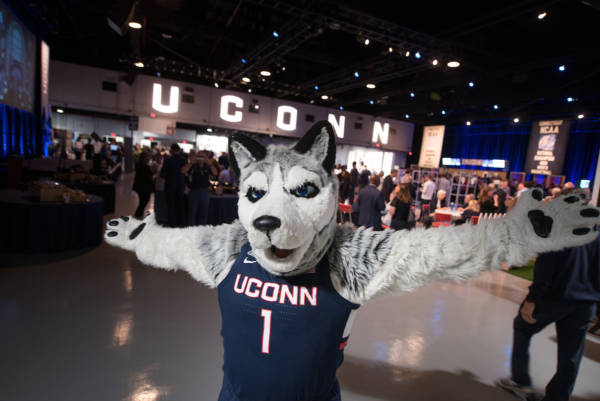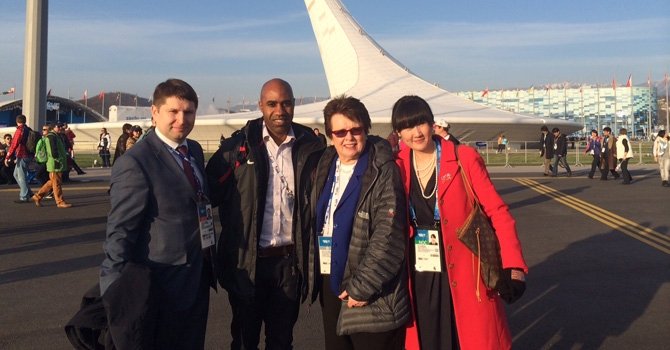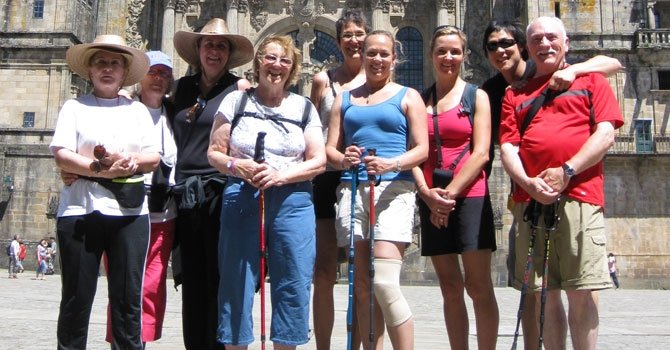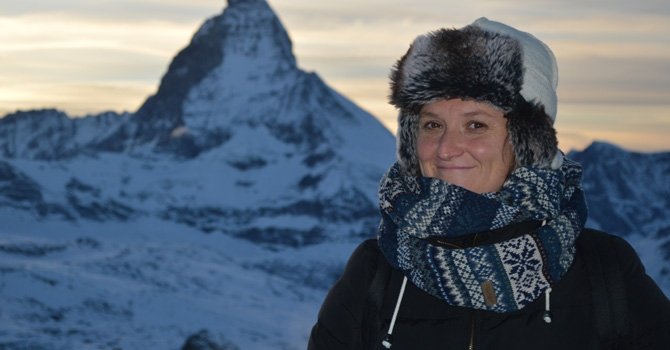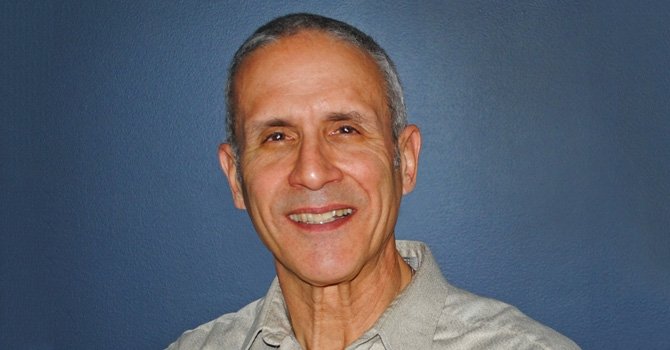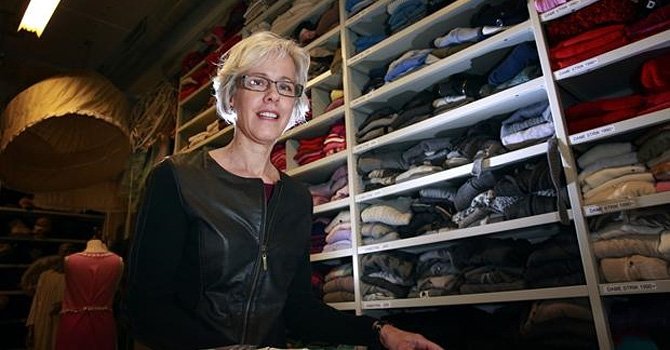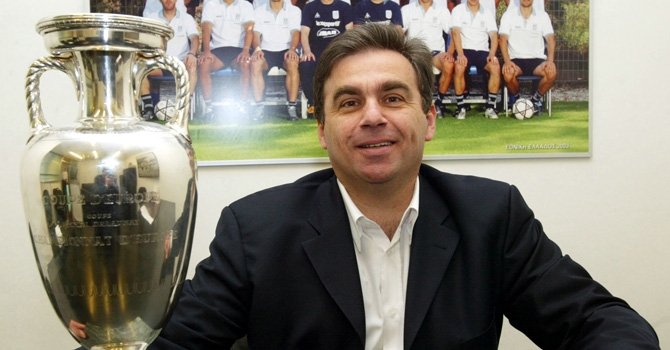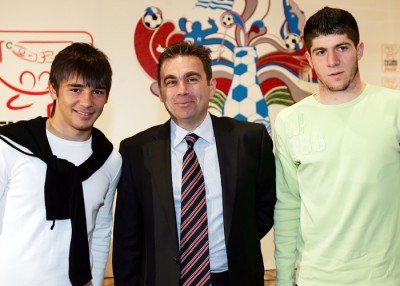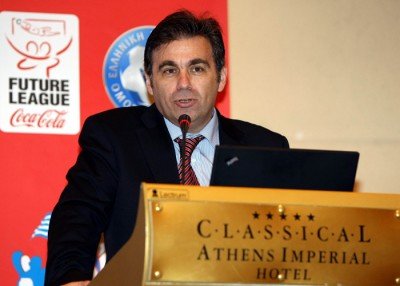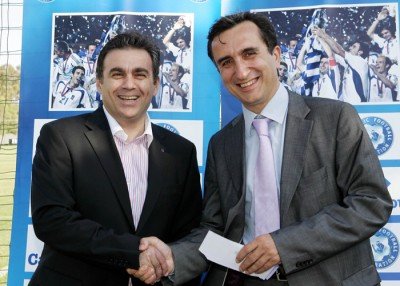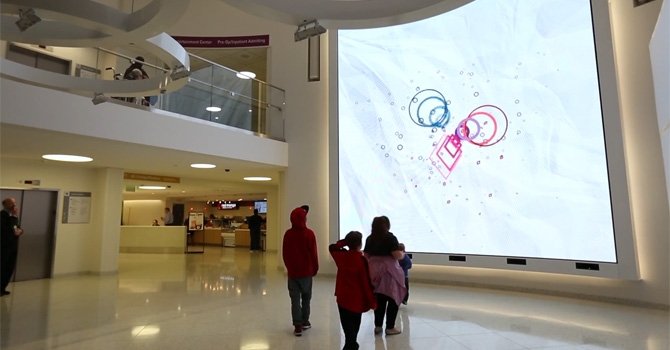Honoring a Lost Brother
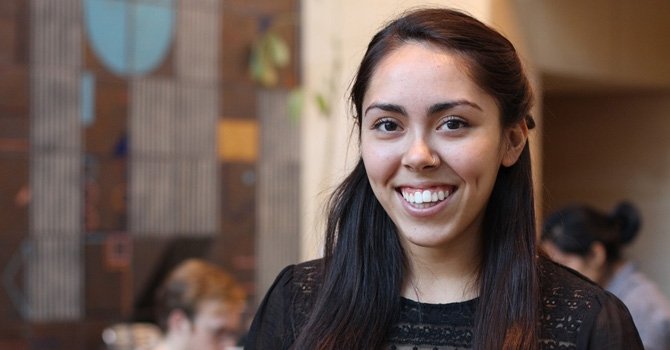
When Peter S. Drotch ’64 (BUS) was eighteen and in the middle of finals in his freshman year he learned that his brother Paul Drotch ’57, a U.S. Marine Corps fighter pilot, died during a training exercise from Guantanamo Bay Naval Base. Lt. Drotch’s A-4 jet, designed to support ground forces by flying low, was lost in May 1960, at a time when tensions were running high between the U.S., Cuba, and the Soviet Union.
Later in 1960, to recognize Paul’s accomplishments at UConn and UConn’s role in his aspirations, the Drotch family established the Lt. Paul L. Drotch, USMC, Class of 1957 Memorial Scholarship. Originally awarded to a single student in Bacteriology — Paul’s major — over time the fund grew substantially, in part because of generous contributions by Peter Drotch. It now provides scholarships to several high-achieving students each year and has expanded to include students in Molecular and Cell Biology, Ecology and Evolutionary Biology, Physiology and Neurobiology, and Biological Sciences.
In 2009, Peter Drotch and his wife, Hinda, established the Drotch Family Scholarship, the second to honor his brother Paul’s memory. Because Peter was an accounting major at the School of Business, the award is open to students in either the College of Liberal Arts and Sciences or the School of Business and based on merit and need.
This year Cynthia Gowani, a freshman in Biological Sciences, was the happy recipient of a Drotch Family Scholarship. As the first in her family to attend college, Cynthia was worried about the cost and the financial stress on her family. Now, she says, “a huge weight has been lifted off our shoulders by this generous scholarship as my family was struggling to pay for my first semester . . . I am truly beginning to believe in myself and am getting closer to my goals.” Attending medical school has been Cynthia’s life-long dream. Thanks to the Drotch family, her dream is now attainable.
Peter Drotch recalls a time when letters from scholarship recipients were a source of comfort to his mother. As steward of the family’s scholarship legacy, he welcomes opportunities to meet awardees and appreciates the kind words they write.
In her thank-you letter, Cynthia Gowani expressed the hope that someday she will be able to help others the same way the Drotch family helped her. She has joined a growing cadre of grateful UConn students whose lives have been changed by a family’s gift in honor of a loved one.
Paul Drotch ’57 will never be forgotten. The scholarship funds established in his name are living memorials that will endure forever, transforming lives for generations to come.
